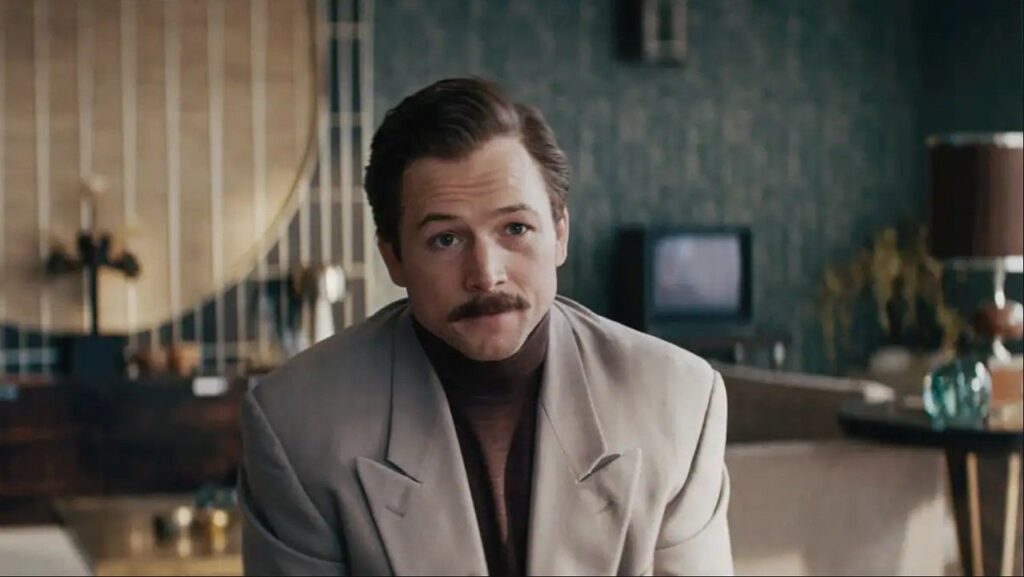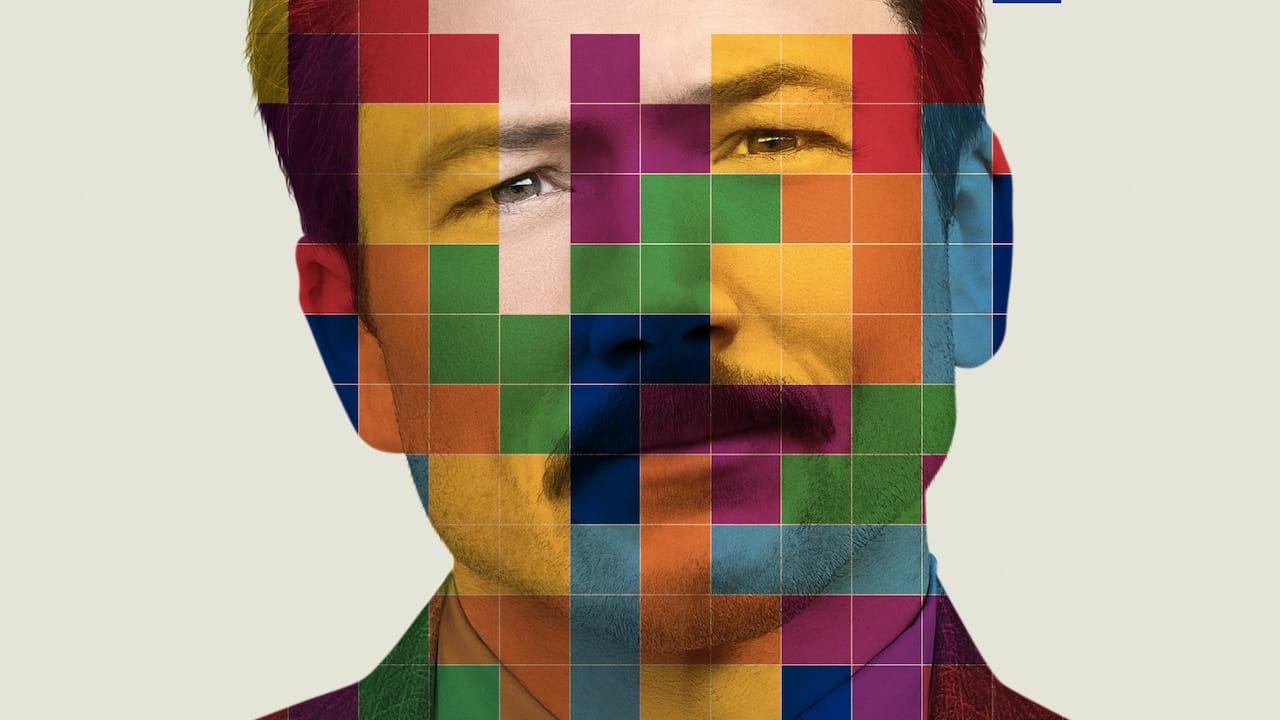Some puzzles can only be solved in court. The Gizmodo Editor-in-Chief Daniel Ackerman filed a lawsuit against Apple, Tetris Company and the creative team behind the film Tetris produced by Apple TV Plus in 2023. Which according to the journalist, would have copied his 2016 book, entitled The Tetris Effect. According to Ackerman, the film extrapolated key elements from his work, creating a case of alleged infringement of copyrights and original ideas.
Tetris, Gizmodo’s editor-in-chief says Apple copied his book
The film Tetris it made fans and critics discuss it, but now the lawyers will have to talk about it too. Gizmodo editor-in-chief Ackerman is suing both Apple and the Tetris Company (which owns the rights to the brand), the film’s producers and screenwriter Noah Pink. According to him, they would have plagiarized crucial elements from his work. Specifically, Ackerman points out the “exact same feel, tone, approach and scenes” present in both works, highlighting the representation of the game’s release as a “Cold War spy thriller”.
The motivations of the journalist
Ackerman claims he had one long correspondence with the Tetris Company during the writing of his book and that the company was aware of his work. At the same time, Ackerman says he suffered legal threats from the Tetris Company when it tried to develop film adaptations and television shows based on his book.
But most of all, points to the supposed similarity between the depictions of the Tetris story featured in Ackerman’s book and Apple’s film.

While Apple and Tetris Company have not yet released any official statements regarding the situation, it is clear that the lawsuit could have complex implications. both works, “Tetris” and “The Tetris Effect”, are based on real historical factswhich usually do not fall under copyright protection.
This detail could make it difficult for Ackerman to prove copyright infringement based on historical fact. His thesis, however, focuses on the atmosphere and similar tone between the two works. Additionally, some of the inventions featured in the film — such as the lead character who turns out to be a secret KGB agent — appear to be based on speculations in Ackerman’s narrative.
How can the situation evolve?
Ackerman’s attorney wrote in the complaint (reported by The Verge): “Ackerman’s storytelling has taken a distinctive approach to its telling of the true story of Tetris, combining historical documentation with its own creativity and ingenuity. The result is an engaging non-fiction book in the style of a Cold War spy thriller. Ackerman’s remarkable literary masterpiece, unlike other writings, placed less emphasis on the actual gameplay and fans, instead focusing on the surrounding narrative, action sequences, and interpersonal conflict between players […] This is the same approach that was taken by the defendants in the movie Tetris, without relevant material distinctions.”
But despite the lawyer’s security, the matter is very complicated. “Approach”, “setting”, “genre”, “style”: these are all very clear terms in the mind of those who watch movies or TV series, but they are very difficult to define legally. Usually copyright infringement cases are based on invented stories, characters created from nothing and imaginary worlds, where it is easier to find too obvious similarities. And even in those cases, proving plagiarism is often complex.

In the recent past, other authors have launched lawsuits against producers who develop films based on their works. Warner Bros. and New Line Cinema, for example, settled a legal dispute regarding the film horror The Conjuring nel 2017. However, it should be noted that this film dealt with paranormal events, which cannot have accurate historical accuracy by their very nature. They therefore come closest to the invented works covered by copyright.
Ackerman claims he contacted Apple and the other defendants shortly after the release of the Tetris trailer, unsuccessfully trying to deal with legal issues before the film’s release. His lawsuit includes allegations of copyright infringement and unfair competition, among other violations. It remains to be seen whether the parties involved will resolve the issue or whether it will become a full-fledged process. Which maybe someone, one day, will write a film adaptation.















Leave a Reply
View Comments